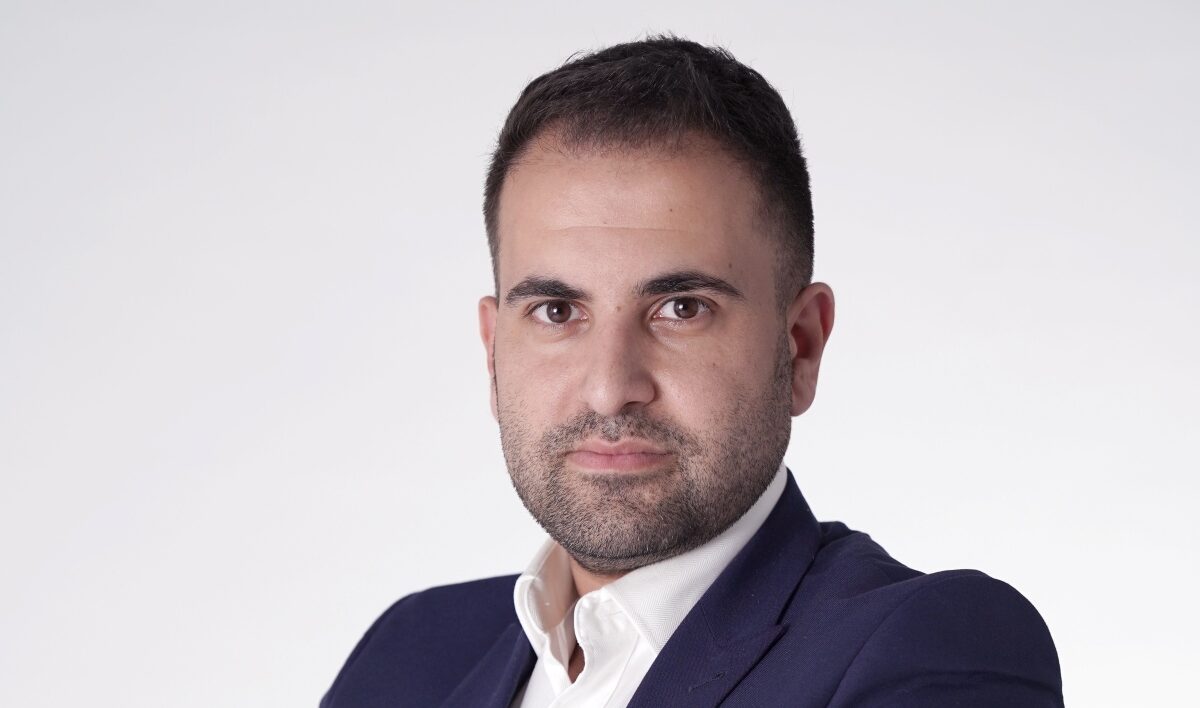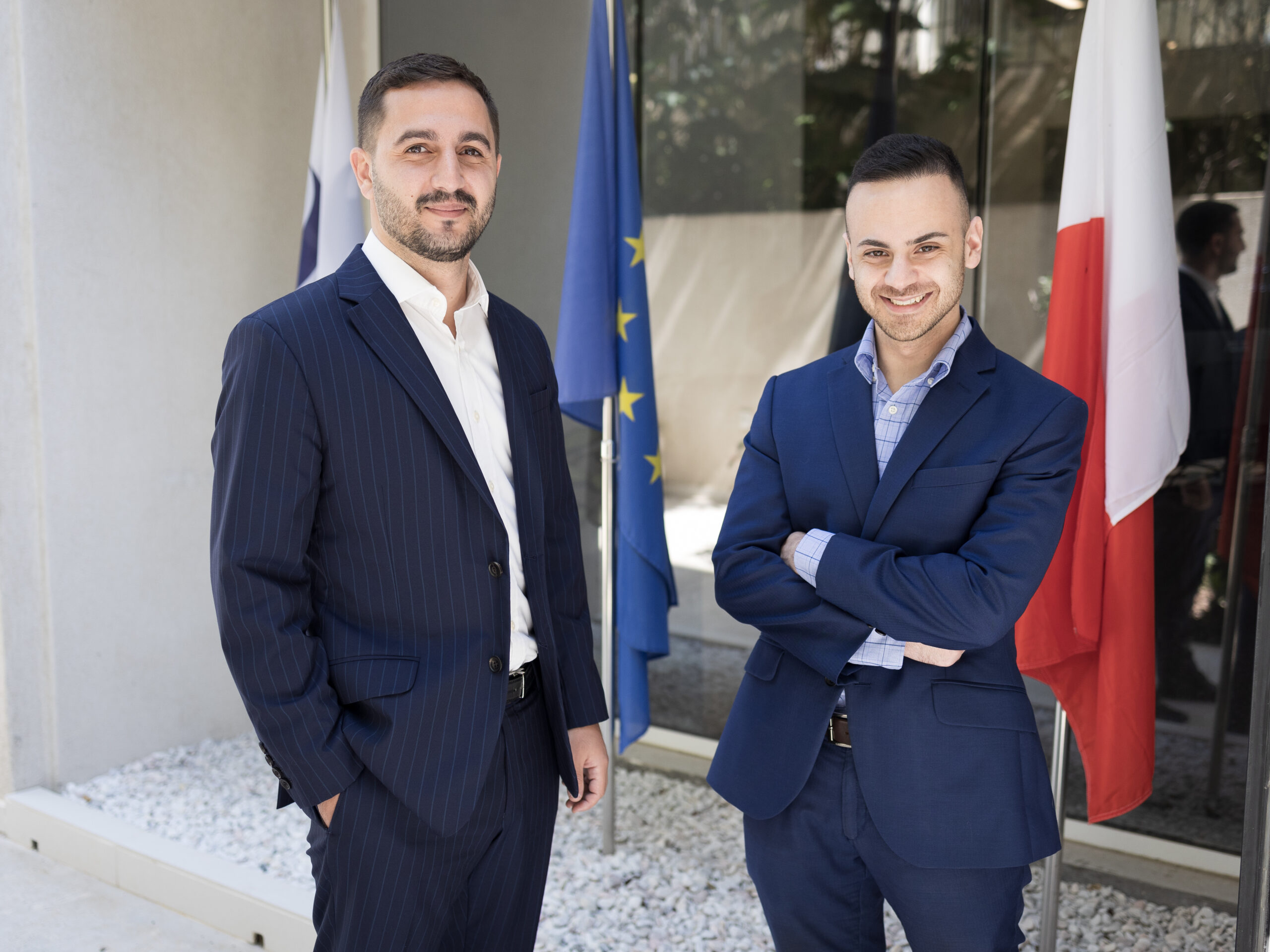As the dust continues to settle Malta’s listing on the Financial Action Task Force (FATF) grey list last week Malta’s business and political leaders continue to react.
The greylisting is expected to send a signal to the international banking and commerce community that there are heightened risks with regards to doing business in Malta and as such, speculation has swirled as to how the country’s status will affect various industries, not least its lucrative iGaming jurisdiction.
Speaking to BusinessNow.mt, Shoulder Compliance Founder Charles Cassar and AML/CFT specialist, predicted that the damage to the sector could be limited.
As Malta has done “very well” in terms of building a resilient gaming hub, the gaming companies that are based in Malta often have “fairly deep roots” within the jurisdiction, he commented.
Because of this, he said, it would be expensive for iGaming operators to leave the countries: “There is a certain amount of ‘stickiness’, and while it is impossible to exclude exits, I would not necessarily expect some rapid exodus of gaming companies”.
The greylisting does pose some challenges however, especially in two areas.
Firstly, the opportunity cost, meaning the loss of a benefit which would have been enjoyed if an alternative choice was chosen, might see gaming companies choosing not to come to Malta due to the greylisting, according to Mr Cassar.
Secondly, there are likely to be operational challenges to Malta’s iGaming companies. Even though many have their banking facilities elsewhere, the greylisting means they would now be identified as operating in a higher risk jurisdiction.
While Mr Cassar does believe that this impact could be mitigated by the fact that most institutions deal with iGaming companies as high risk anyway, the day-to-day operational challenges can be expected to increase, he thinks.
In this scenario, he argued that the length of time that Malta spends on the grey list is important: “Companies willing to undergo a period of increased monitoring may be less enthused if the greylisting drags on”, he suggested.
As such, Malta should learn from the experience of Iceland, which spent a year on the grey list, before exiting at its earliest opportunity.
“This is now the best outcome we can hope for”.
In this view of the urgency with which Malta should be pushing to escape the list, he is joined by Carl Brincat, CEO of the Malta Gaming Authority, who also cited the example of Iceland, saying that during its short stint on the grey list, international rating agencies did not change their risk ratings for the country.
Considering this however, Mr Brincat was adamant that it is imperative Malta makes it out of the category as soon as possible, which he is “extremely confident” it could be.
Continue Reading
Together Gaming Solutions plc announces early redemption of its 5.9% unsecure callable bond
These bonds were originally issued in 2019 and scheduled to mature between 2024 and 2026
CasinoBonusesFinder: A fresh look at bonus finding in 2025
Since 2010, online platform CasinoBonusesFinder has helped players answer one essential question: Which casino bonus is truly worth my time?
Maintaining Malta’s edge in iGaming – CLA Malta weighs in
As emerging jurisdictions challenge Malta's iGaming dominance, CLA Malta’s experts outline the critical success factors
Malta among EU states cited in Germany’s black market gambling report
Malta, home to one of Europe’s largest iGaming sectors, was cited in a report’s data table









